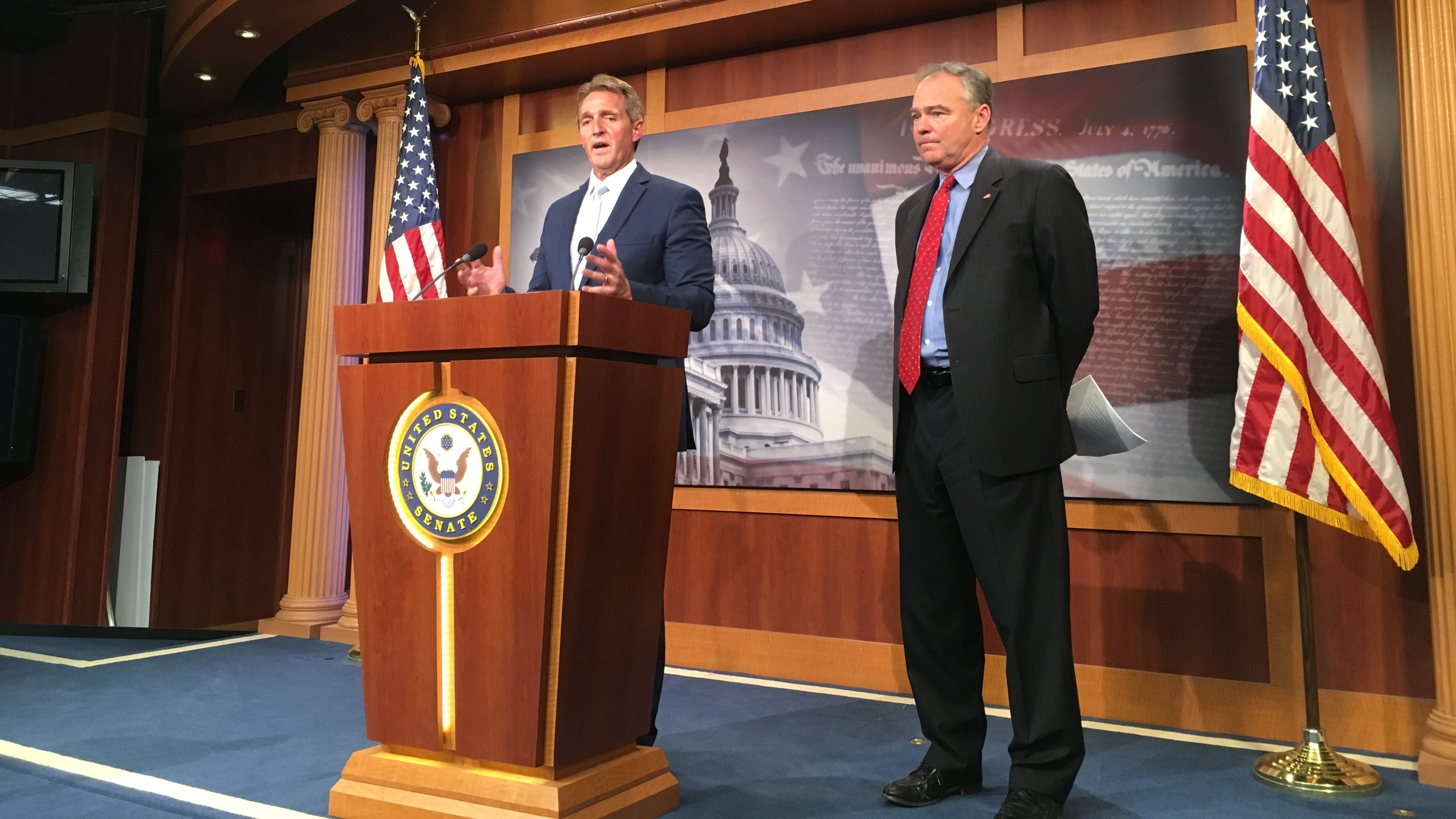Editor's note: The following is an opinion piece. The writer is not employed by Military Times and the views expressed here do not necessarily represent those of Military Times or its editorial staff.
Congress is preparing to adjourn for several weeks after a legislative session dominated by partisan infighting … and very little productivity.
Not a single piece of significant legislation has passed, and while most attention has gone toward health care reform and appropriations bills, we’re also talking about the legislative branch’s most solemn responsibility under the Constitution: Declaring war, or at least authorizing the use of military force.
The war on terrorism has expanded into new theaters of combat, encompassing terrorist groups that didn’t exist when President George W. Bush began the campaign against Osama Bin Laden’s al-Qaida network in October 2001. The U.S. military is either conducting bombing runs, combat missions or counterterrorism operations in at least seven countries.
A congressional resolution originally crafted to provide the president with the power to retaliate against the perpetrators of the 9/11 attacks has turned into a blank check to drop munitions or send American troops against any band of terrorists that may pop up in the mountains of Waziristan or the fields of Somalia.
Under our system of government, Congress is just as responsible for war as the commander in chief. Many lawmakers, however, have gradually transmitted this responsibility to the executive branch, across three presidencies.
But the congressional neglect is disturbing for a far more fundamental reason: By default, the power to plunge the U.S. into conflict is decided by a single individual — the president — based on that individual’s determination of what’s in the national interest. As James Madison rightly observed 219 years ago, ”[t]he Constitution supposes, what the History of all Governments demonstrates, that the Executive is the branch of power most interested in war, and most prone to it.”
The country has unfortunately forgotten Madison’s words, operating as if it is the president’s job and the president’s job alone to not it outright.
Over the last several years, more lawmakers are beginning to realize the extent of the power disparity between the legislative and executive branches on matters of war. The Senate Foreign Relations and House Foreign Affairs committees each held a public hearing on the subject this summer, inviting constitutional scholars and former national security officials to testify about whether a new authorization for use of military force, or AUMF, is necessary and what it should include.
Wednesday, the Senate Foreign Relations Committee will speak with Defense Secretary Jim Mattis and Secretary of State Rex Tillerson in a private session about the administration’s views on the subject. This is the first time those in the executive branch have been asked for input, and it’s a welcome break from the largely apathetic behavior the American people have seen from their elected officials in years past.
RELATED

At least a half-dozen lawmakers from both parties have filed AUMF drafts to stimulate their colleagues to start taking the issue seriously. At least in the rank-and-file, the momentum for a more assertive legislative branch is growing —the House Appropriations Committee voted to include a measure in the annual defense spending bill to sunset the 2001 AUMF in eight months, hoping that this would spur Congress into passing an updated version. The amendment was later stripped out of the bill.
The eagerness of the congressional rank and file has yet to reach the leadership. Their excuses are as varied as they are disjointed: It is not the right time to debate the war on terrorism; there is no room on the legislative calendar; a defense bill is not the appropriate vehicle to discuss a subject of such importance; bridging the gap between and among lawmakers on how extensive the president’s authority should be is simply too difficult, so why even try?
To the U.S. soldiers advising Iraqi security forces at the front and to the American taxpayers who are paying for these military operations, to the tune of tens of billions of dollars a year, the country’s elected representatives aren’t pulling their weight.
If congressional leadership will not authorize a debate –– and there is no reason to believe they will –– the committee chairmen who have jurisdiction over the writing of a military authorization bill shouldn’t wait any longer. Sen. Bob Corker, R-Tenn., and Rep. Ed Royce, R-Calif., are making the right decision by holding hearings, but merely talking about the issue cannot be the end of the process.
RELATED

It will be up to these two men to allow an AUMF measure to work its way through committee. For the sake of America’s democracy, the Constitution, and the Americans who sacrifice their lives and their wallets to fight and pay for these wars, let’s hope they will use their power to shock Congress out of submission.

Daniel DePetris is a fellow at Defense Priorities, a think tank that promotes a return to a restrained and realist U.S. national security strategy. Follow him on Twitter (@DanDePetris).




